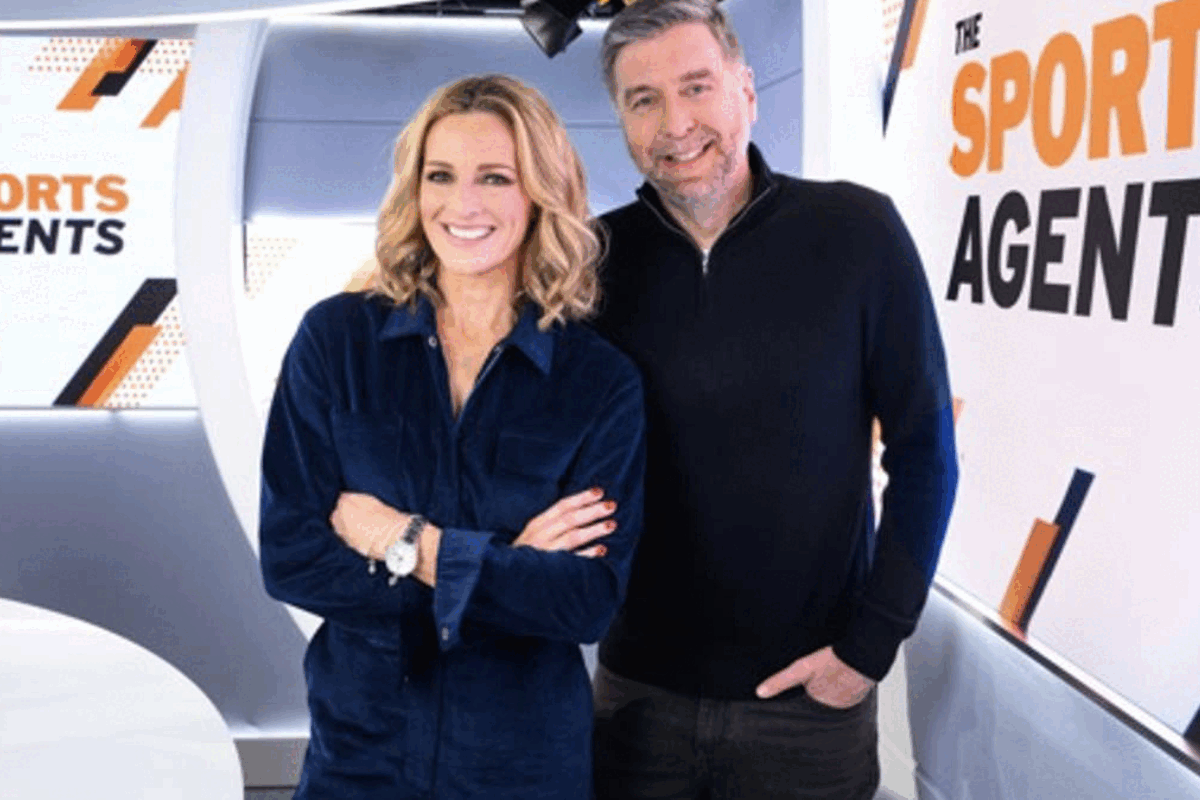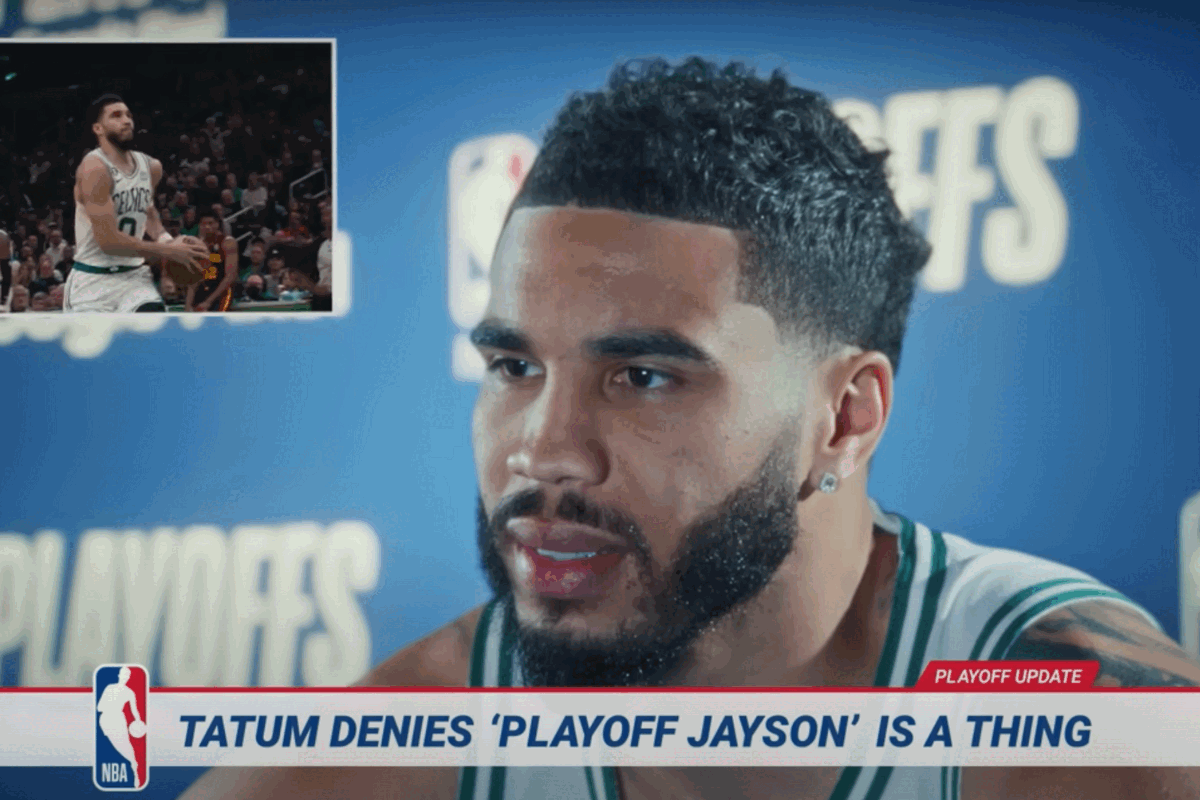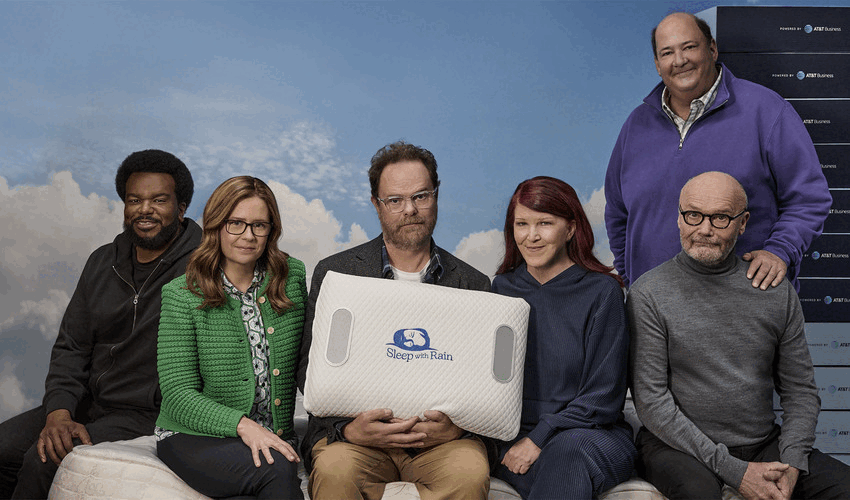In-game advertising hasnt been done especially well, says King
- Tuesday, March 13th, 2018
- Share this article:
 Game development company King is relatively new to advertising, and programmatic advertising at that. Despite this, it was going into mobile game ads sitting on an already hefty revenue of over a $1bn from in-app purchases to fall back on, if it didn’t quite work out.
Game development company King is relatively new to advertising, and programmatic advertising at that. Despite this, it was going into mobile game ads sitting on an already hefty revenue of over a $1bn from in-app purchases to fall back on, if it didn’t quite work out.
King’s range of more than 200 mobile games includes Candy Crush, Farm Heroes, and Pet Rescue. It was acquired by Activision Blizzard in 2016 for around $
Building on what was already clearly a solid model for generating revenue could have presented a challenge for the company, but it seems to have its advertising strategy all figured out. And the key to that is rewarded video advertising.
Watch the below video on in-game advertising
“We looked at all of the ad formats and we thought ‘where do we go with this?
Reaping the rewards
On top of those figures, third-party research has also shown rewarded video to be above skippable, pre-roll, vertical, and social auto-play formats in likeability.
To see if those findings were correct, King enlisted the help of Millward Brown to conduct its own tests with early brand partner Nestlé’s cereal ads. Through panels and online surveys, King found that rewarded video was 35
It’s still very early days in King’s advertising journey, however. Of its around 200 games, it’s currently only running advertising on five apps, reaching only around seven or eight

Industry issues
Though it has enjoyed a relatively positive start to its advertising life, King is still very aware of the problems that face the industry surrounding brand safety, viewability, transparency, and the rest. But, it knows that its already strong financial position puts it a good position to work past these
“I think gaming is faced with a few issues. A large amount of them are focused on advertising revenue,” said Carroll. “I think King’s in a fairly unique position where it’s entering this market on a fairly strong financial basis. We’re able to focus on the issues, address them and maybe not get there as quickly as everybody else, but try and build a sustainable plan to get there in the end.
“The advertising in-game, I don’t think, has been done especially well. I think the frequency is too high, and the quality too low – and King needs to address that. I think it’s big enough to not just be able to address the needs of the advertiser, but the needs of the industry as well, and try to push everything forward,” he continued.
“The issues around brand safety, as far as King are concerned, we’ve got to address that pretty head-on and make sure we leave no stone unturned… that we’ve done everything in our power to make sure it’s the most brand safe environment going.”
In order to best ensure it maintains high levels of brand safety, King has chosen to have a brand-only environment, as opposed to also allowing performance advertising. It works directly with brands through agencies to ensure that this happens.
“We’ve worked closely with the likes of Nestlé and a few other CPGs to make sure whatever KPIs they’re trying to move towards… we’ll build that for them. But, otherwise, we’re working with most to make sure viewability is addressed and we
“I think King is big enough, as far as an ecosystem is concerned, to make a real impact on that going forward. And we want to make sure it’s not just King that benefits from this, but the whole of the
In addition, King looks to help within the industry by offering to share its first-party data. This, at















